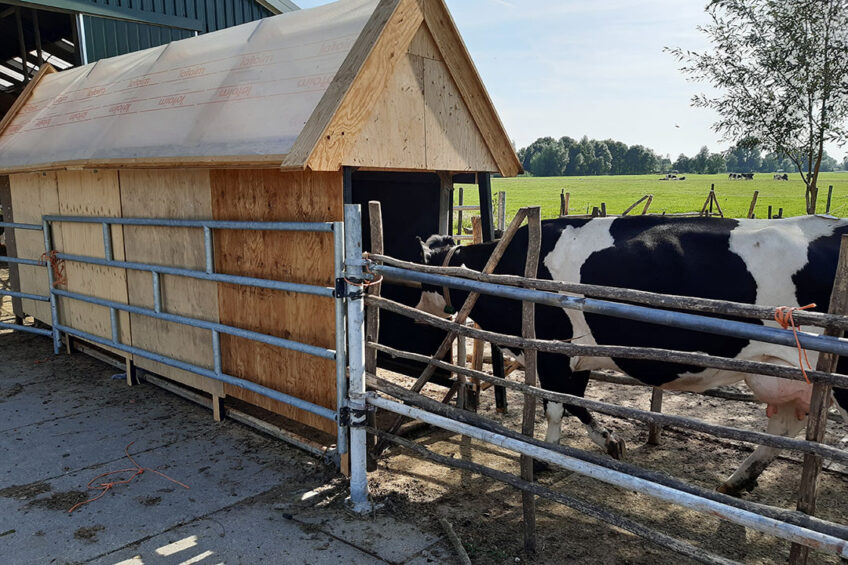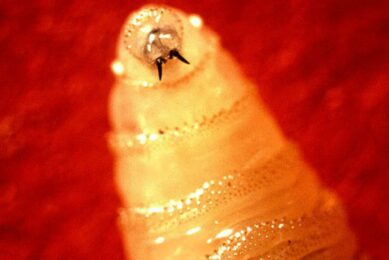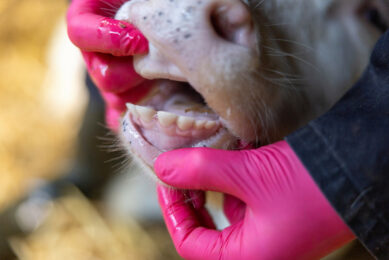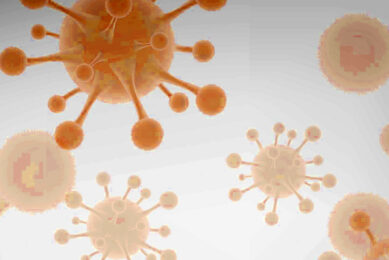Innovative fly trap to reduce pesticides on dairy farms

A Dutch family have installed an innovative fly trap on their dairy farm in the Netherlands as an alternative to insecticides. So far the results look promising.
 |
| Dutch dairy farmer Mattias Verhoef. Photo: Teus verhoeff |
Mattias and Coriene Verhoef have reduced the use of chemicals on their farm for a number of years now, and have seen a significant difference in the biodiversity on their farm. “The number of birds and bats have increased a lot,” said Mrs Verhoef, adding that they have also noticed that the cow dung at their farm disappears quickly and that within a few weeks the grass penetrates the dung. But, as they reduce the chemicals, they still wish to get rid of the flies!
A huge number of flies can accumulate on the farm and around the cows, particularly in the hot summer months. Various chemically-formulated remedies are available but these chemicals often end up in the pasture through sweat, hair and manure and may be harmful to insect populations, farmland birds, and the environment in general.

The trap …
The fly trap, an idea that originated in Australia, is a dark tunnel positioned between the stable and the pasture. A little bit of light enters through the roof. As the cow passes through the tunnel, the flies are attracted to the light and become trapped in a double-skinned roof.

This particular fly trap was made possible with the help of project Winst en Weidevogels.
A video of the fly trap:
Join 13,000+ subscribers
Subscribe to our newsletter to stay updated about all the need-to-know content in the dairy sector, two times a week.










